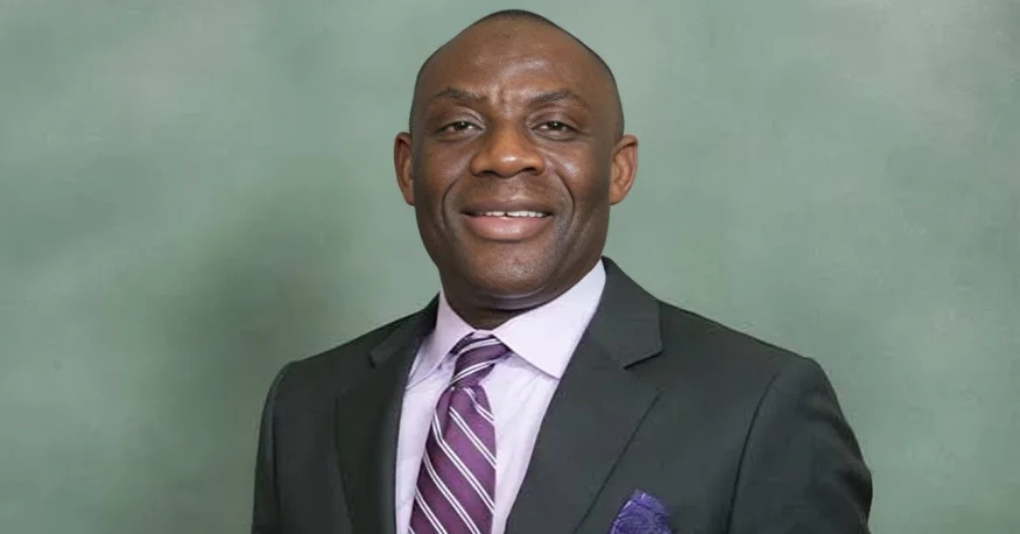News
Nigerian govt upgrades 38 technical colleges to boost youth skills development

The Federal Government has announced a major overhaul of 38 technical colleges across Nigeria as part of efforts to equip young Nigerians with in-demand vocational and technical skills.
Education Minister Dr. Tunji Alausa disclosed this during the 2025 Quarterly Citizens and Stakeholders Engagement on the Nigeria Education Sector Renewal Initiative (NESRI) held in Abuja on Monday.
The minister said the upgrades form part of broader reforms to transition Nigeria’s education system toward a skill-based, knowledge-driven economy. The engagement session focused on strategic priorities, including tackling the nation’s out-of-school children crisis and improving education quality.
Alausa outlined six key reform areas:
– Reducing the number of out-of-school girls
– Strengthening quality assurance mechanisms
– Expanding access through targeted programs
– Implementing curriculum reforms
– Enhancing digital literacy
– Improving teacher training
Read also: APC can’t rely on Tinubu to win Osun in 2026 – Adeleke’s aide fires back at opposition
A major highlight is the introduction of a dual-training model in technical colleges, where students will spend 80% of their time in practical workshops and only 20% in traditional classrooms.
“Artisans will be paid to mentor trainees, establishing a new value chain in the education sector,” Alausa revealed. “Our goal is to train 5 million young Nigerians with globally relevant skills within four years.”
The minister painted a grim picture of Nigeria’s current education landscape, with 15 million out-of-school children and over 45 million classified as “learning poor” – unable to read or understand basic texts. Adolescent girls remain particularly vulnerable, with 6 million aged 12-19 currently out of school.
Through NESRI interventions, the government has already:
– Integrated 25,000 out-of-school children into formal education
– Trained 4,000 Tsangaya (Qur’anic school) teachers to support inclusive learning
In a move to modernize assessment systems, Alausa announced that NECO and WAEC will commence computer-based testing from November 2025, with full digitization of all national examinations including JAMB by 2027.
“NESRI addresses issues of access, quality, inclusivity, research, and professional development in education,” the minister emphasized. “This comprehensive approach will help transition Nigeria from a resource-based to a knowledge-driven economy.”
The upgrades come as Nigeria seeks to align its education system with labor market demands and reduce youth unemployment through practical skills acquisition.
Join the conversation
Support Ripples Nigeria, hold up solutions journalism
Balanced, fearless journalism driven by data comes at huge financial costs.
As a media platform, we hold leadership accountable and will not trade the right to press freedom and free speech for a piece of cake.
If you like what we do, and are ready to uphold solutions journalism, kindly donate to the Ripples Nigeria cause.
Your support would help to ensure that citizens and institutions continue to have free access to credible and reliable information for societal development.




























